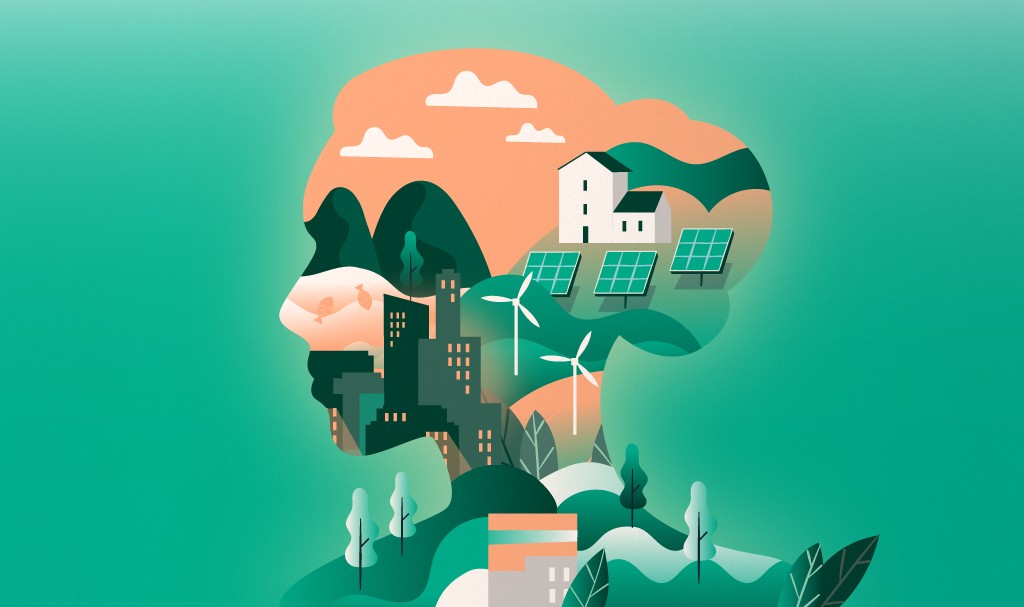As we consider the complex challenges of environmental protection, it is crucial to recognize the role that women play in this process and to understand how their active participation can bring significant benefits to society as a whole. Through diversity of perspectives, connection with local communities, role in education, health aspects and economic contribution, women are key actors in creating a sustainable environment for future generations. Below, we will explore each of these important roles in detail and analyze why their presence is necessary to achieve a long-term balance between human and nature.
- Diversity of perspectives: Women and men often have different life perspectives, experiences and priorities. When it comes to protecting the environment, women can bring unique ideas and approaches because of their different experiences and positions in society. For example, women may have special insight into the connection between human health and nature due to their role in caring for the family and thus may highlight the importance of environmental practices for overall well-being.
- Community connection: Women often have deeper ties to local communities and families, making them key mediators in implementing environmental initiatives at the local level. Their ability to connect with people and mobilize the community can significantly facilitate the acceptance and implementation of environmental policies and projects.
- Role in education: Women are often the primary caregivers in families and have a great influence on shaping the attitudes and values of their children. The active involvement of women in education about environmental protection can result in stronger awareness and responsible behavior in relation to nature among children and young people.
- Health aspects: Women often have a higher risk of exposure to toxins because of their different roles in society, such as farmers or housewives. Therefore, their participation in clean air, water and land initiatives is essential to protect their health and the health of their families.
- Economic contribution: Women play an important role in agriculture, especially in rural communities where they are often responsible for family farming. Engaging in environmentally sustainable practices can have a positive impact on their economic well-being in the long term, providing stability and prosperity for them and their families.
The presence of women in preserving the environment is therefore not only a matter of gender equality, but is key to achieving long-term sustainability of society and the environment, offering unique perspectives, strengthening local communities, educating future generations, and promoting economic and health well-being for all.
Photo: asianscientist. Com





